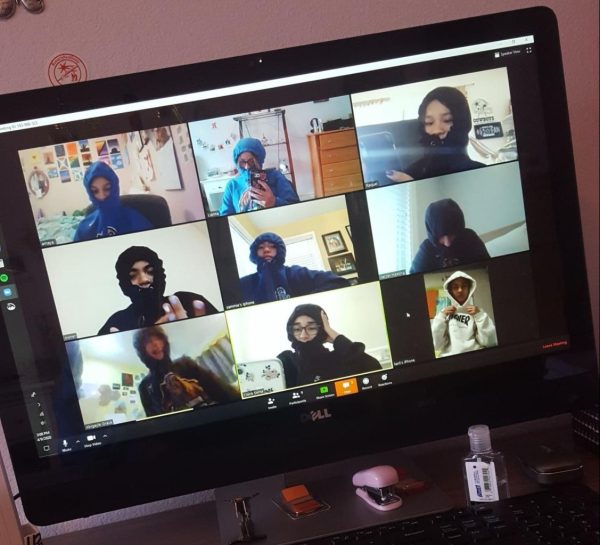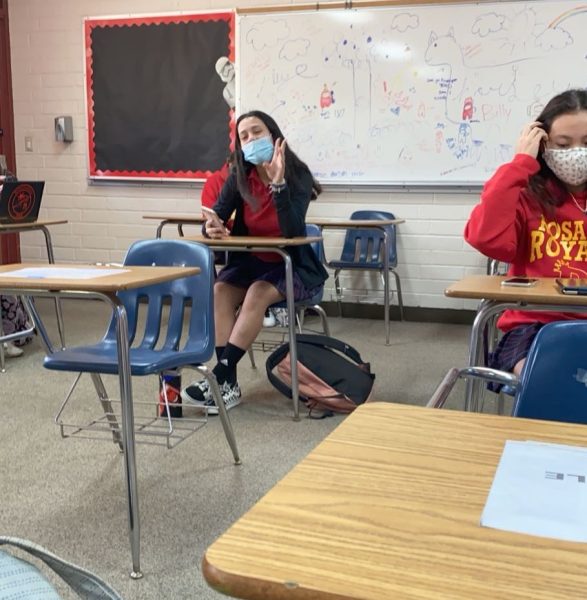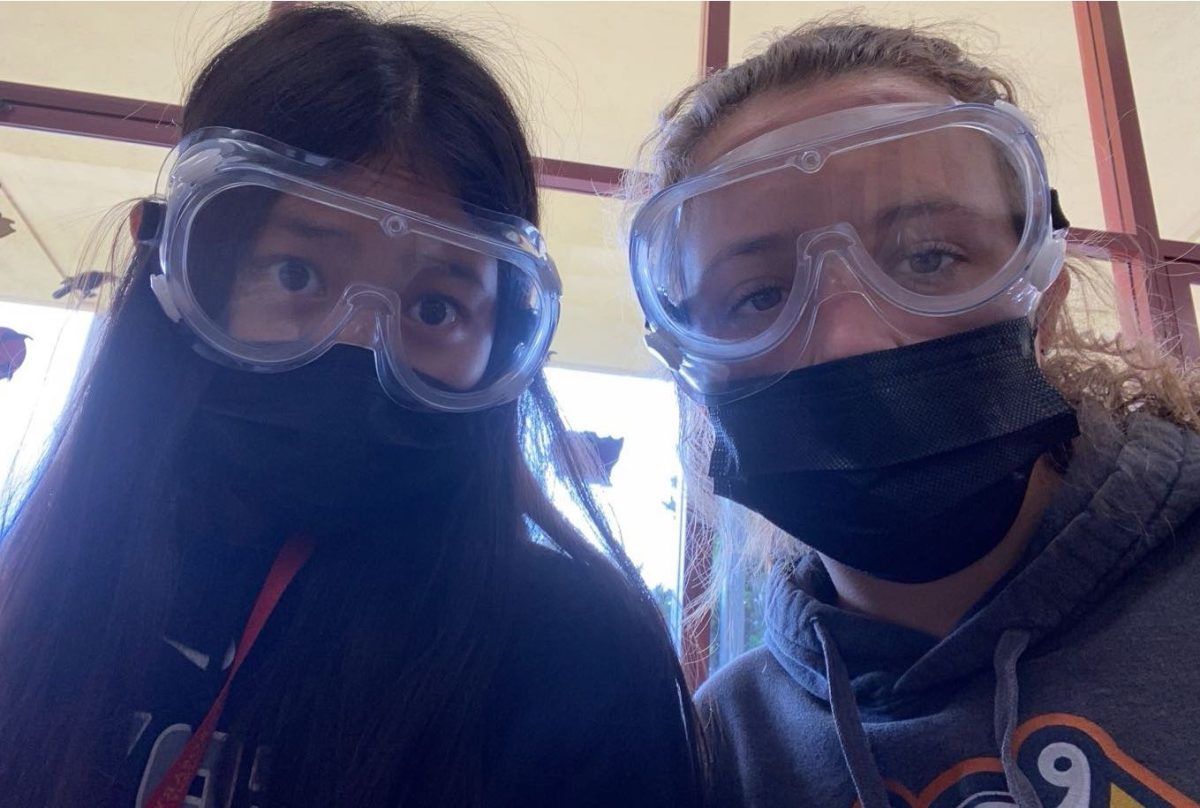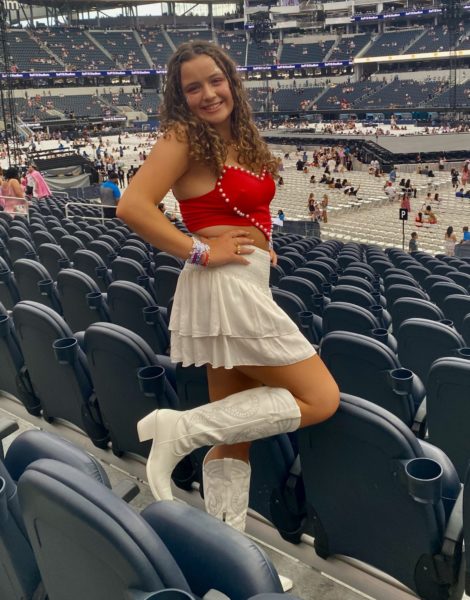Four years ago, on March 13, 2020, the Covid 19 pandemic changed the way society functioned all over the world. Students and workers were told they were not going back to school or work for what they thought would be only 2 weeks. Little did anyone know, this “2 week break” would turn into a year-long lockdown that closed down businesses worldwide and prevented people from coming within 6 feet of each other.
Although the actual lockdown lasted for about a year, life didn’t return back to normal until somewhere in the middle of 2022. People of all ages were forced to change the way they lived and interacted socially. Because of this, people in middle school, high school, and even college missed out on crucial developmental years of their life.
Since it’s been 4 years since the start of this life altering pandemic, I decided to ask around the Rosary campus and see what students and faculty had to say about their experiences during the Covid lockdown and what they have noticed coming out of it.

Q: How has the Covid lockdown affected learning for students?
As an academic counselor, Mrs. Lee has noticed several patterns of change throughout the different classes when it comes to learning and development: “For current seniors who missed a large portion of their freshman year, I’ve noticed that the social component has become increasingly more important. Relationships with teachers and other students are much more valued compared to younger classes. We have also seen that this has greatly affected college decisions. The social aspect of college is influencing the decisions students are making when choosing where they want to go. As for the younger classes, they are missing key years of identity development which has affected the way they intake, understand, and remember information. Their study skills were most affected. After coming back on campus, there’s a large social shift from those who experienced Covid in high school versus those who experienced it throughout middle school.”
English teacher Ms. Barclay ‘94 has also noticed a shift in development, specifically in the way students write: “I think Covid affected young writers in a pair of ways. First, it made it hard for these writers to get the instruction and practice in writing structure, which is really important at developmental ages. Second, it stifled the collaborative spirit that helps writers thrive. Ironically, writing was more important than ever in such an uncertain time. We are still seeing the effects of Covid on writers whose experience was interrupted at a pivotal stage in their critical thinking journey. I do think the situation is improving, thankfully.”
Covid also affected Rosary students of all ages, causing many of them to feel stuck in time. Mallory Mojica-Ye ‘24 shared, “I remember getting the announcement that we would have a two week break due to concerns about Covid. I was in 8th grade and it sometimes feels like I was stuck exactly there. I legitimately feel like a 13 year old inside of a 17 year old. I can definitely say I have changed by now, but it was very abrupt. I wasn’t ready to graduate 8th grade, so graduating high school is an even bigger mental leap.”
Sophomore Emma Muse ‘26 added, “I would say the Covid definitely stunted my mental growth because instead of aging from 12 to 13 normally, I was stuck in my house and didn’t really get those necessary experiences. I think that because I missed out on 2 years, my brain thinks that I’m still 12. It sounds kind of confusing, but because Covid hit when I was 12, I still mentally feel 12 and maybe will feel that way internally forever.”
UCLA-bound salutatorian Melanie Kamel wanted to add her thoughts on how her freshman online experience affected her social and academic growth:

“I think having the first year of high school be so isolated from the very people you’re supposed to get close to and be friends with definitely hindered and forced us to adapt to different ways to get close. The biggest way was social media, and I think this not only transformed the way/method we talked and made friends but also provided another distraction in a time where staying at home was the only option. So, the value of quality time that makes up the backbone of friendships was impacted. Our generation became too comfortable with sticking to whom they already knew, making it tricky to get to know everyone in their class over the next 3 years.”
Experiences like this make the senior class at Rosary grateful for the numerous opportunities to deepen friendships and get to know one another. Obviously, Kairos played a huge part in helping Rosary’s juniors and seniors bond. Senior Izzy Walker shared, “Its helped me leave with a majorly positive feeling about my school experience.”
No matter what, the Royals have learned from this monumental experience and have grown in ways they are still comprehending.








